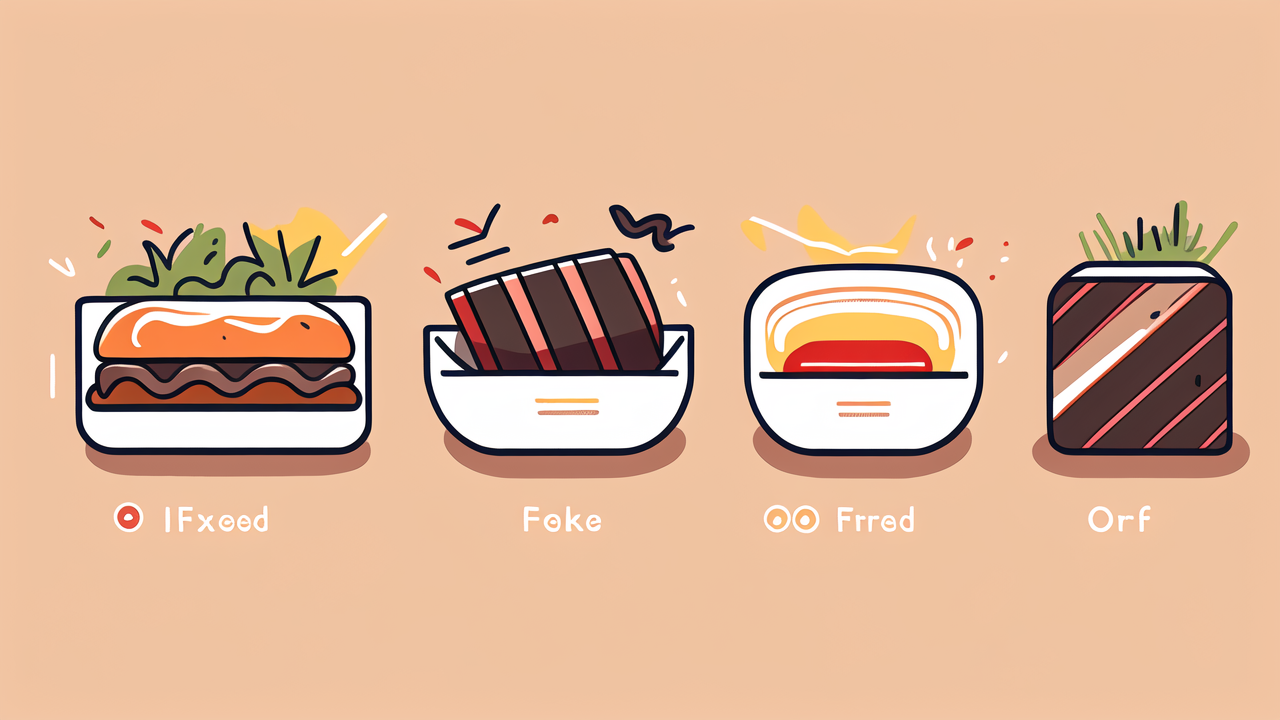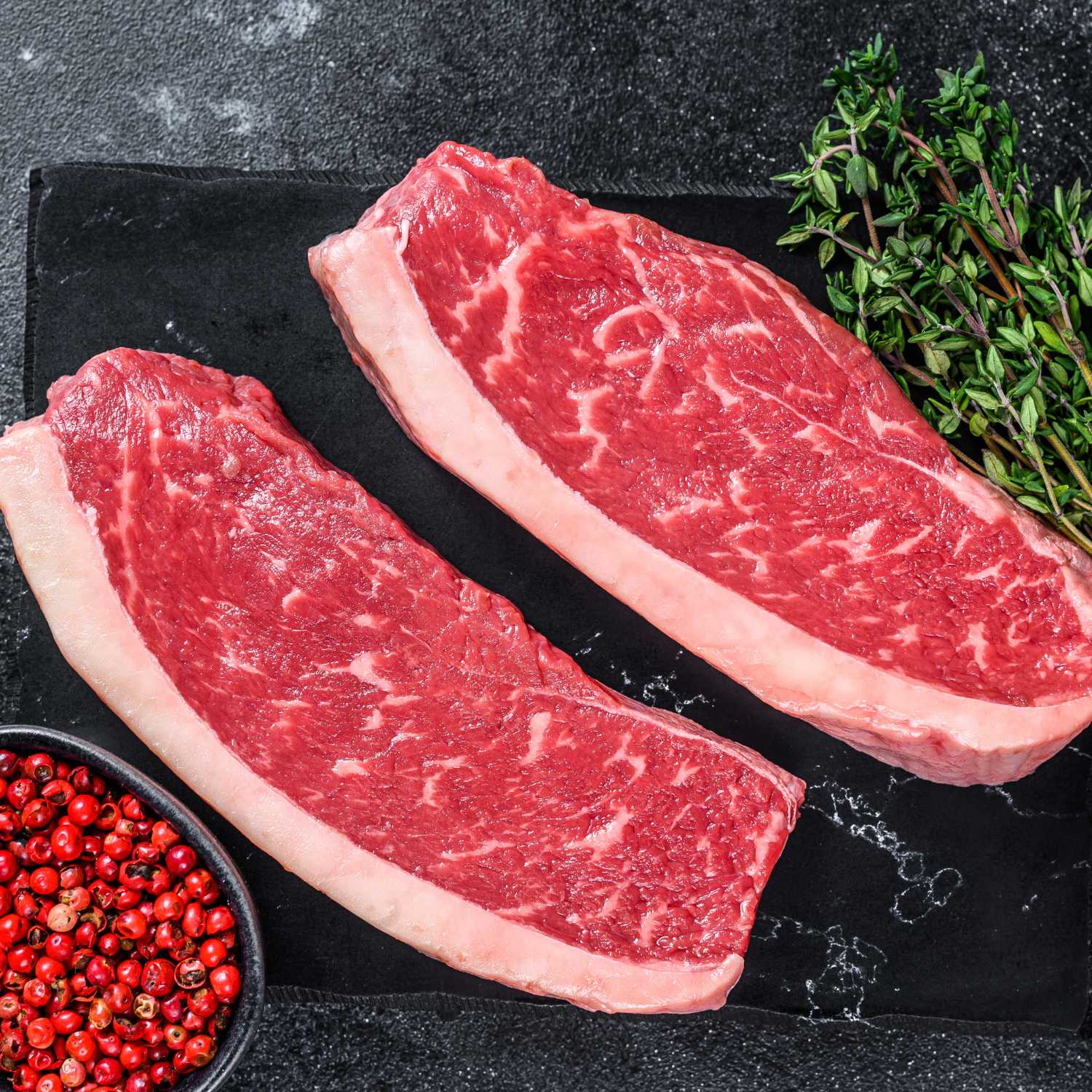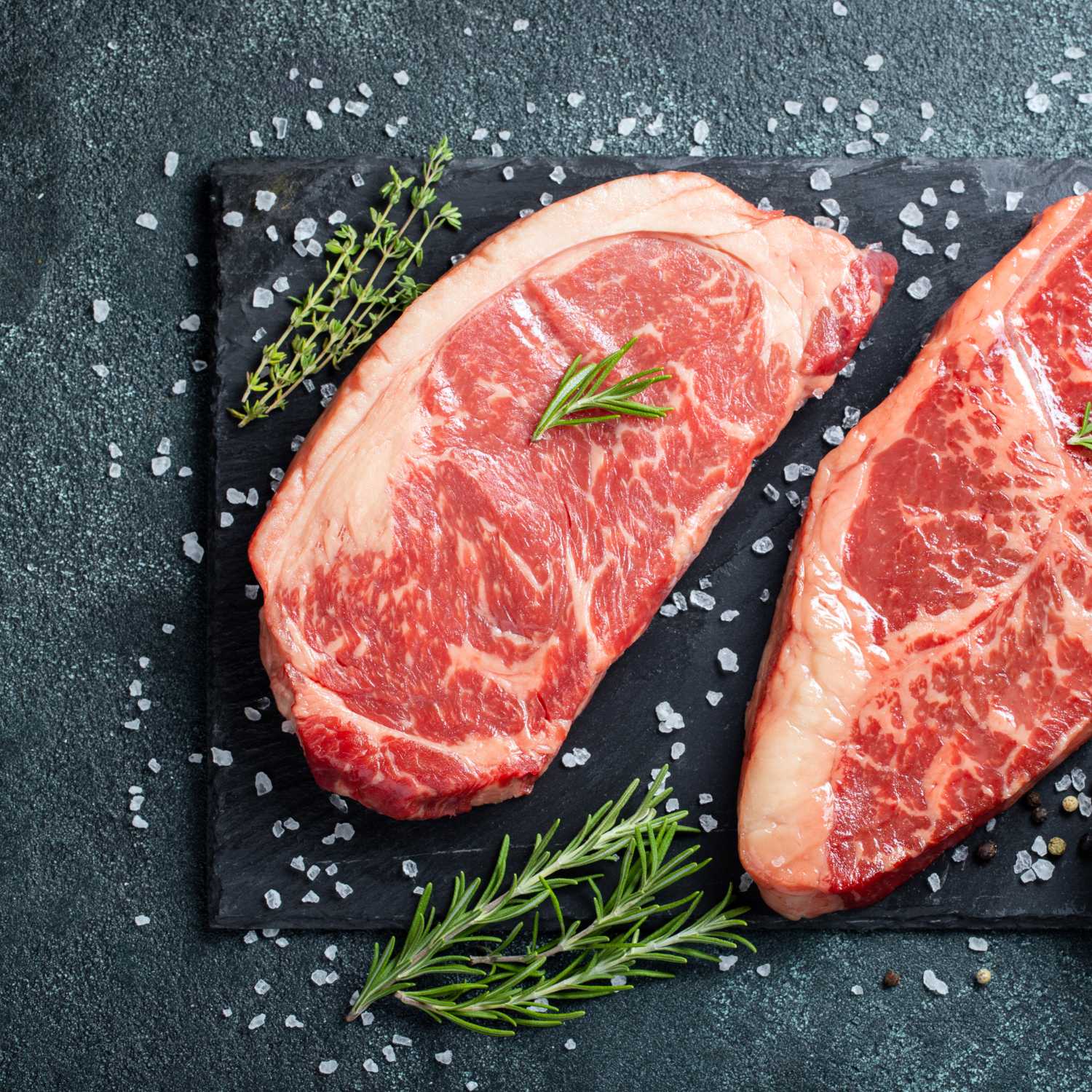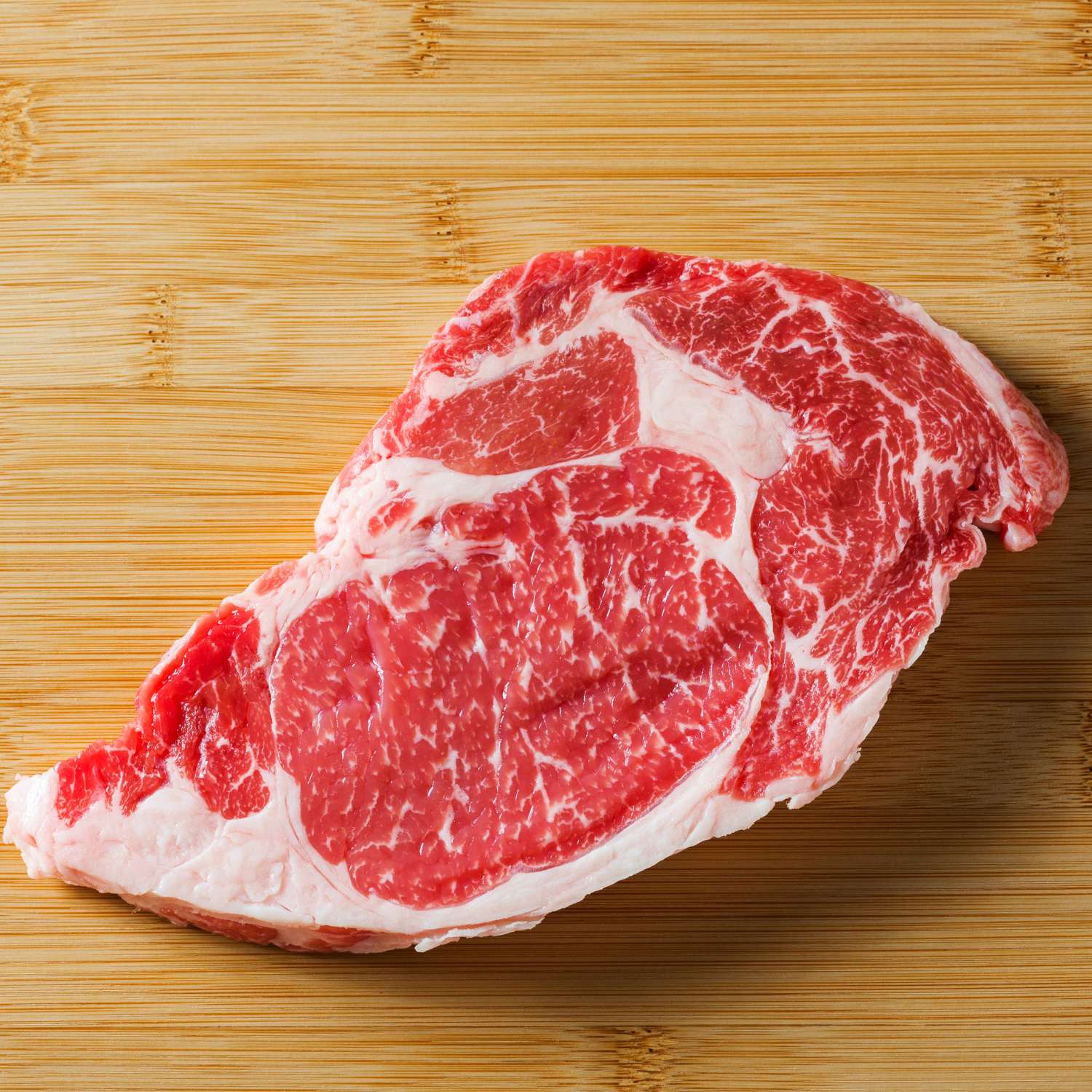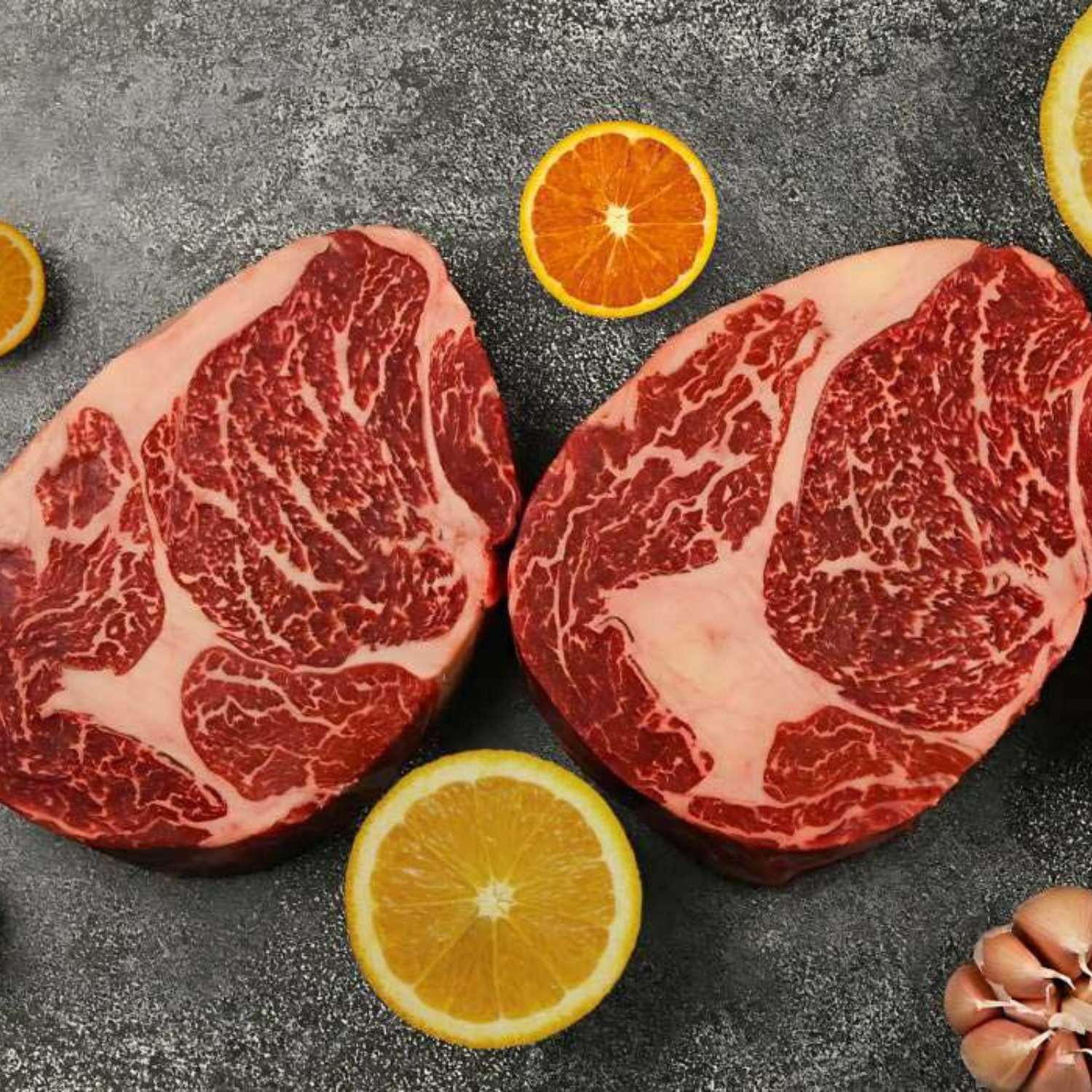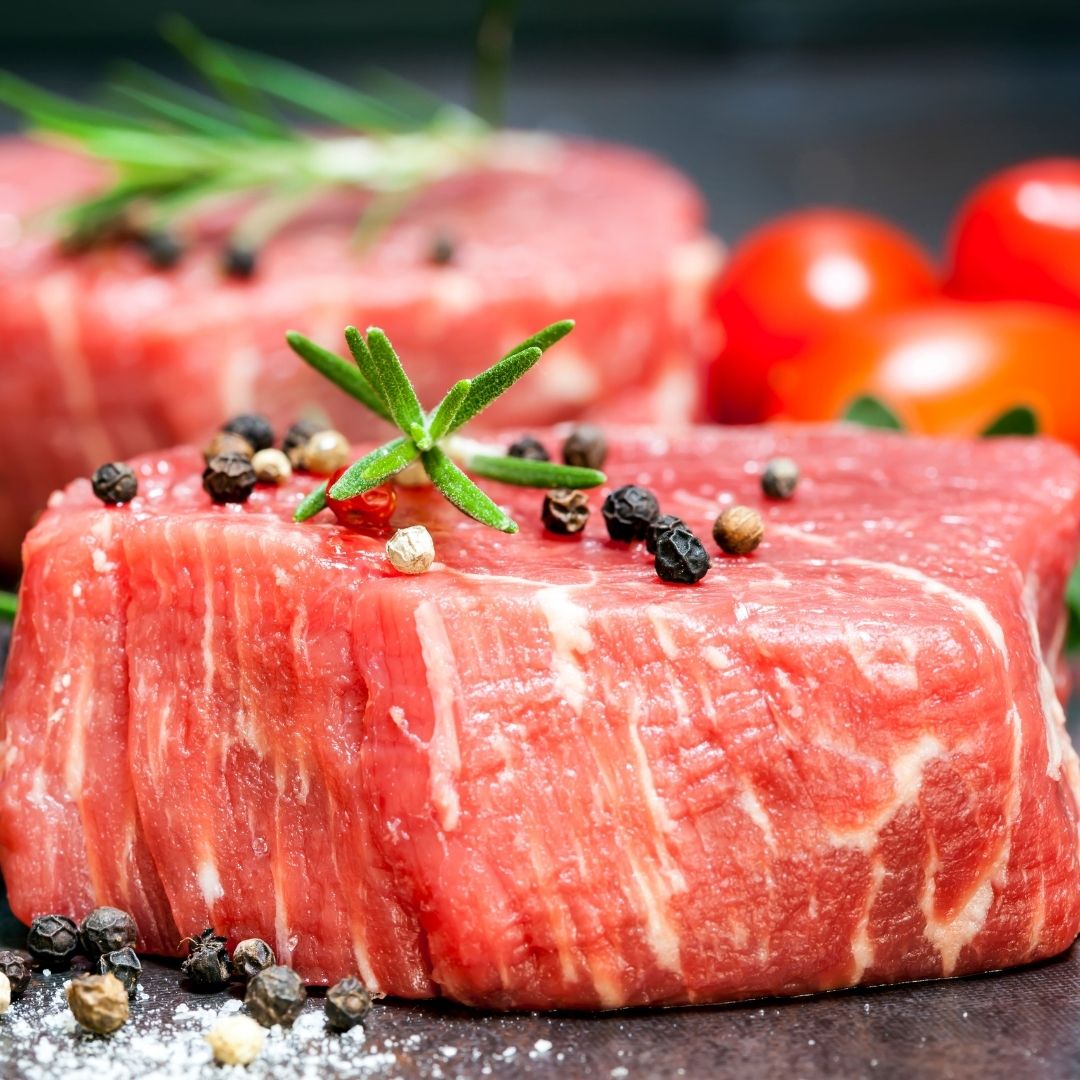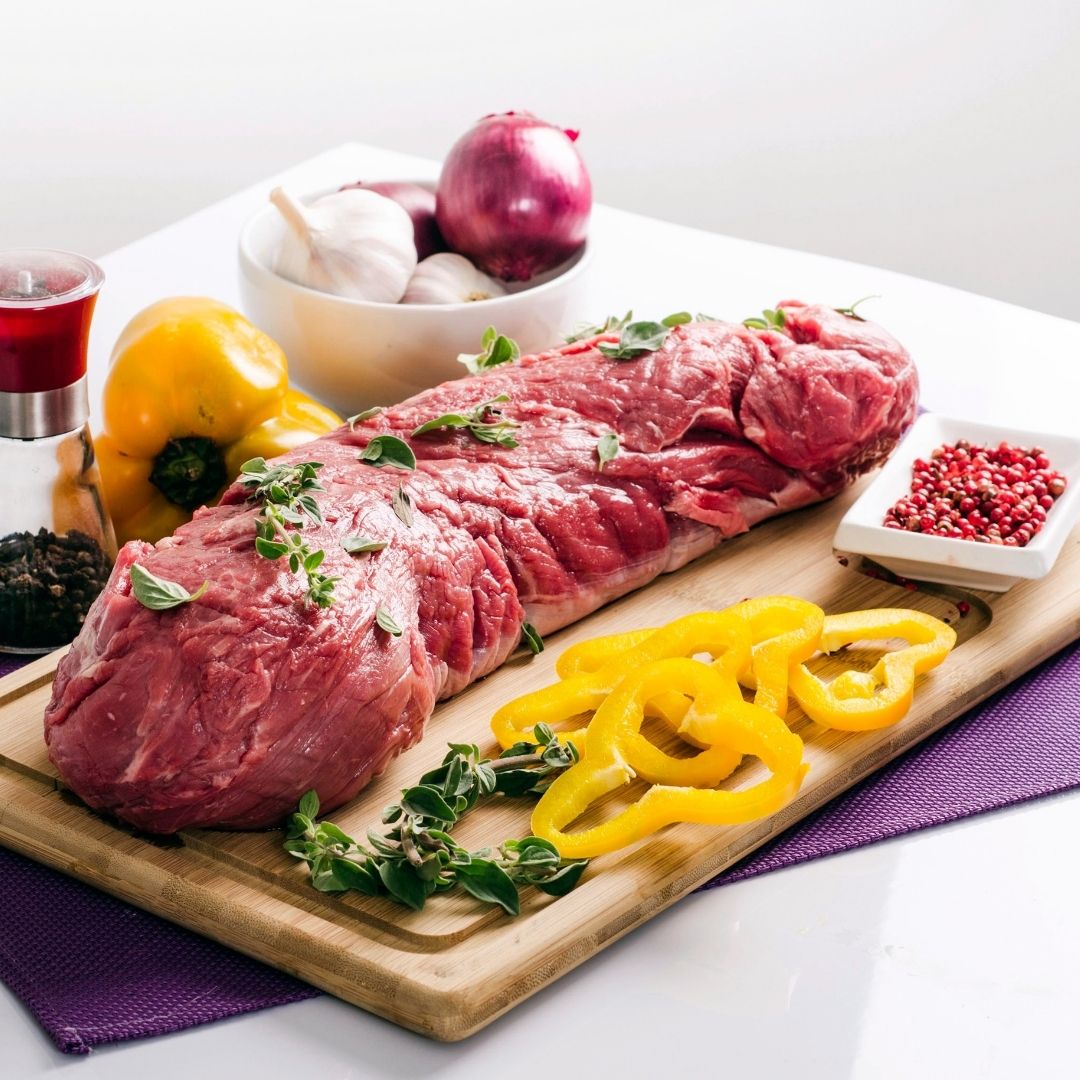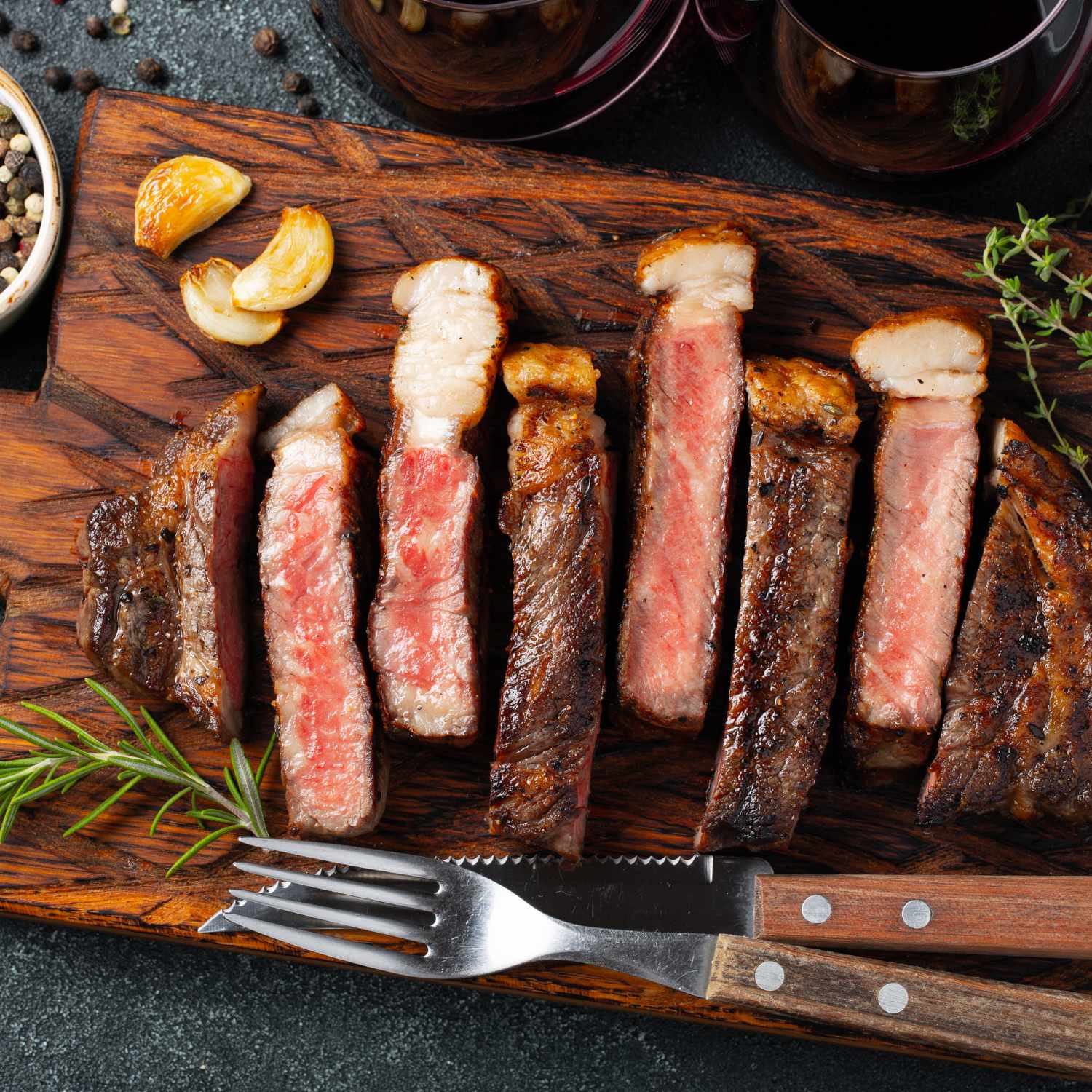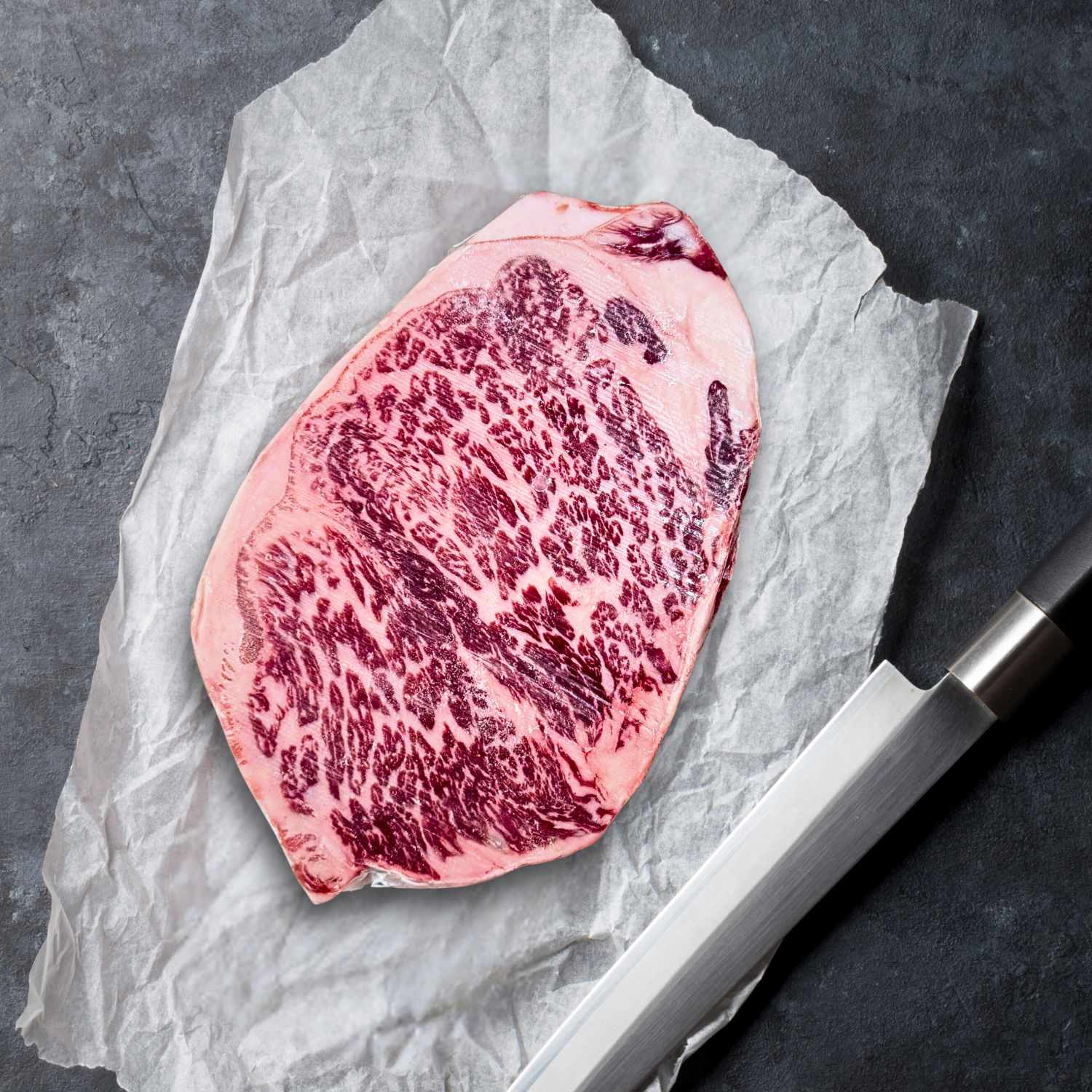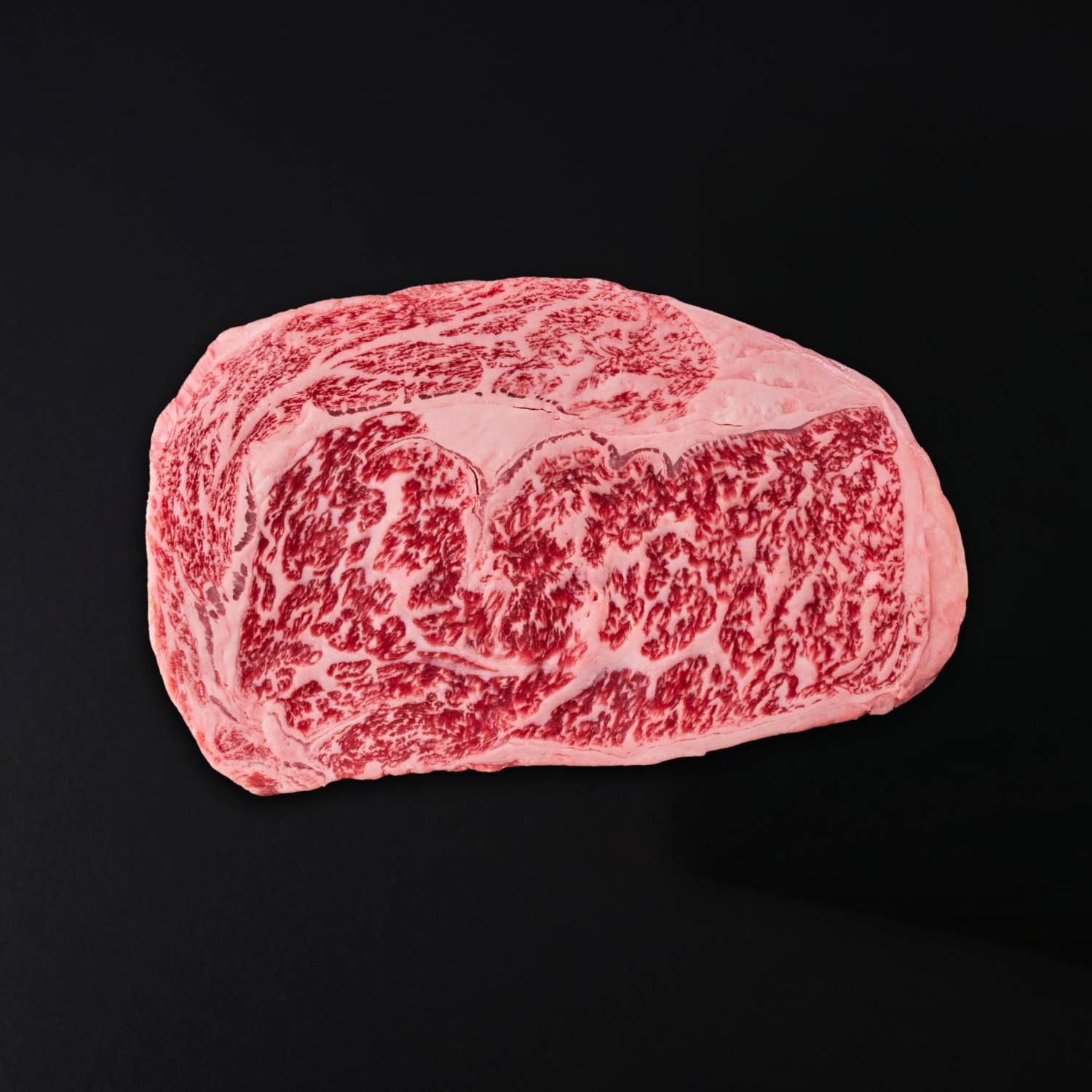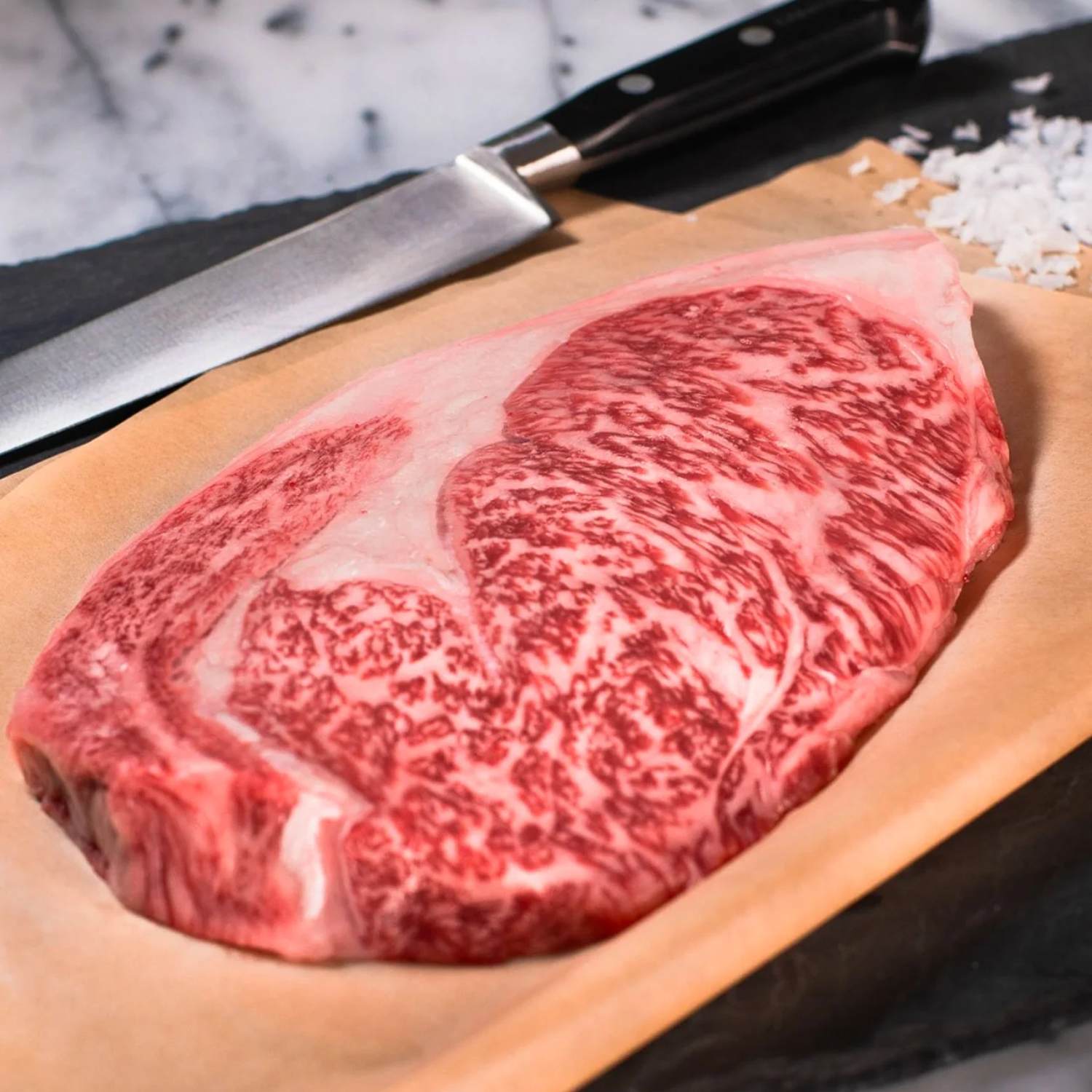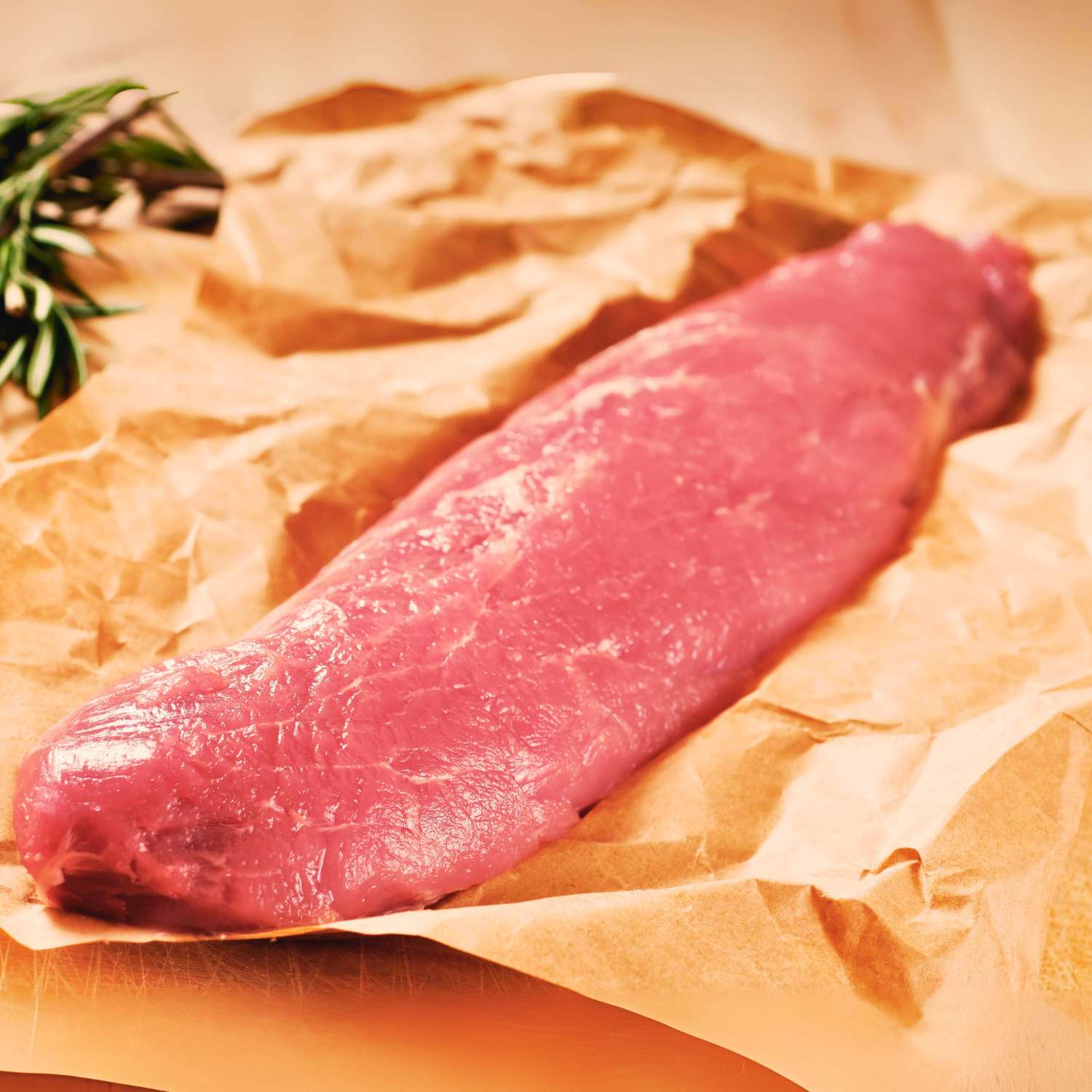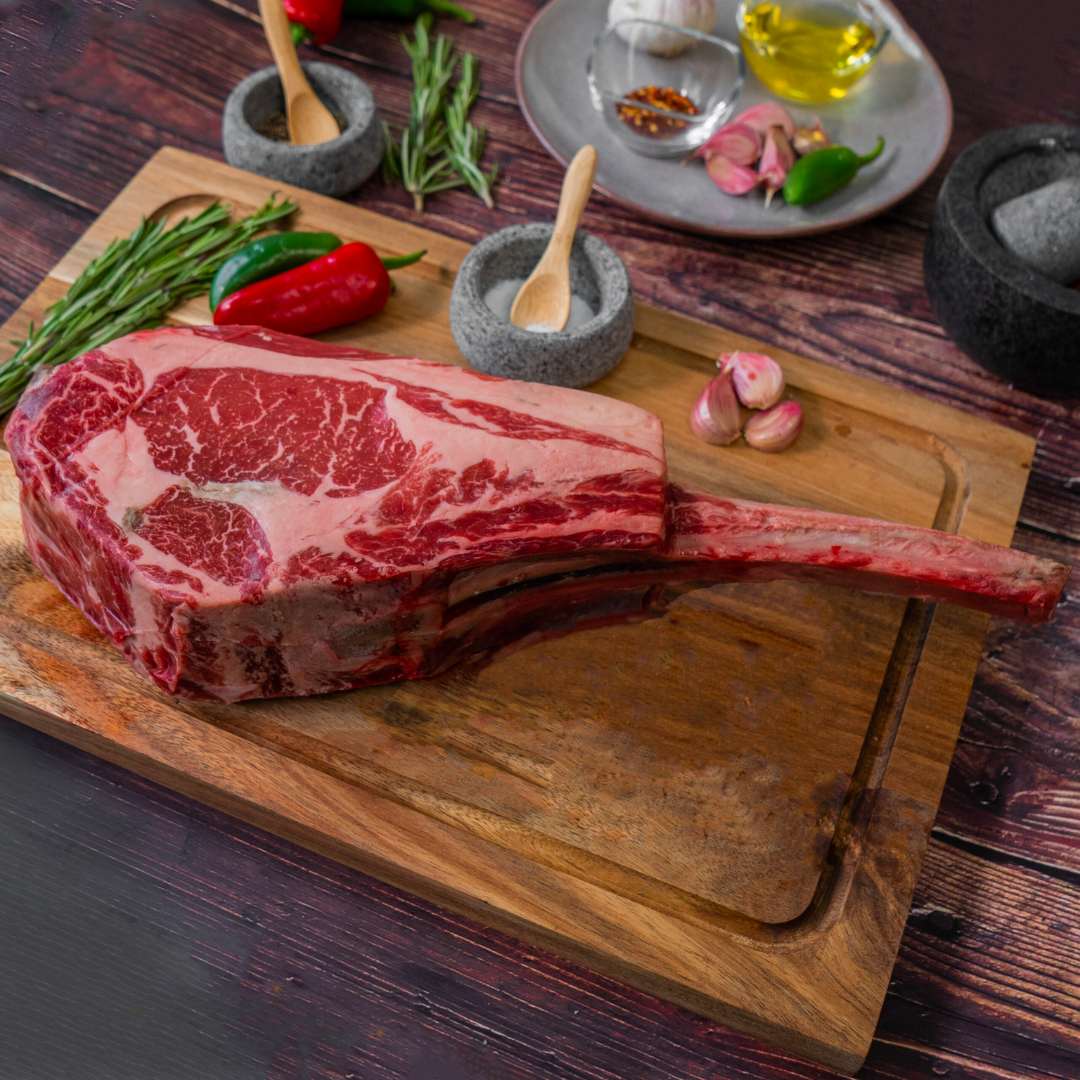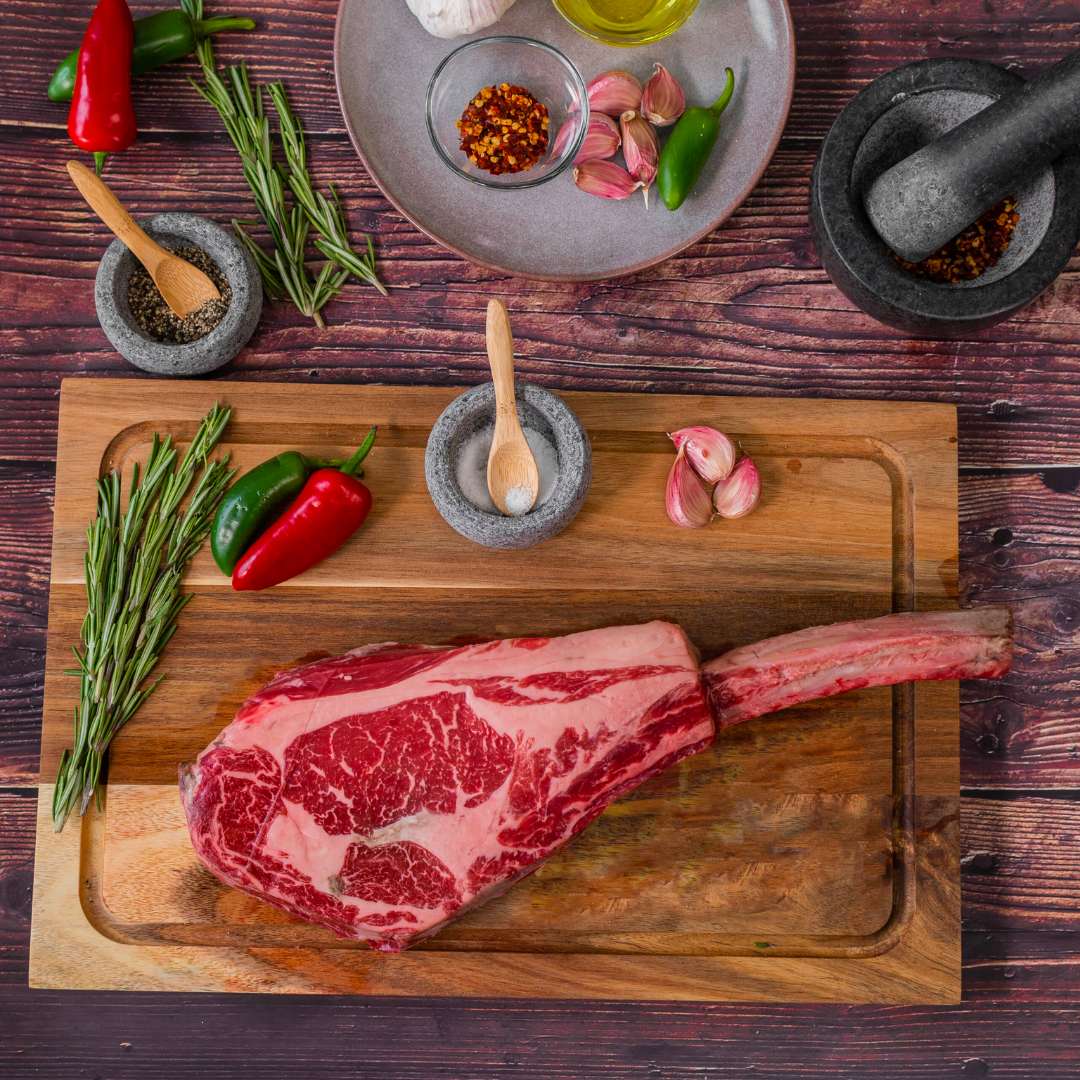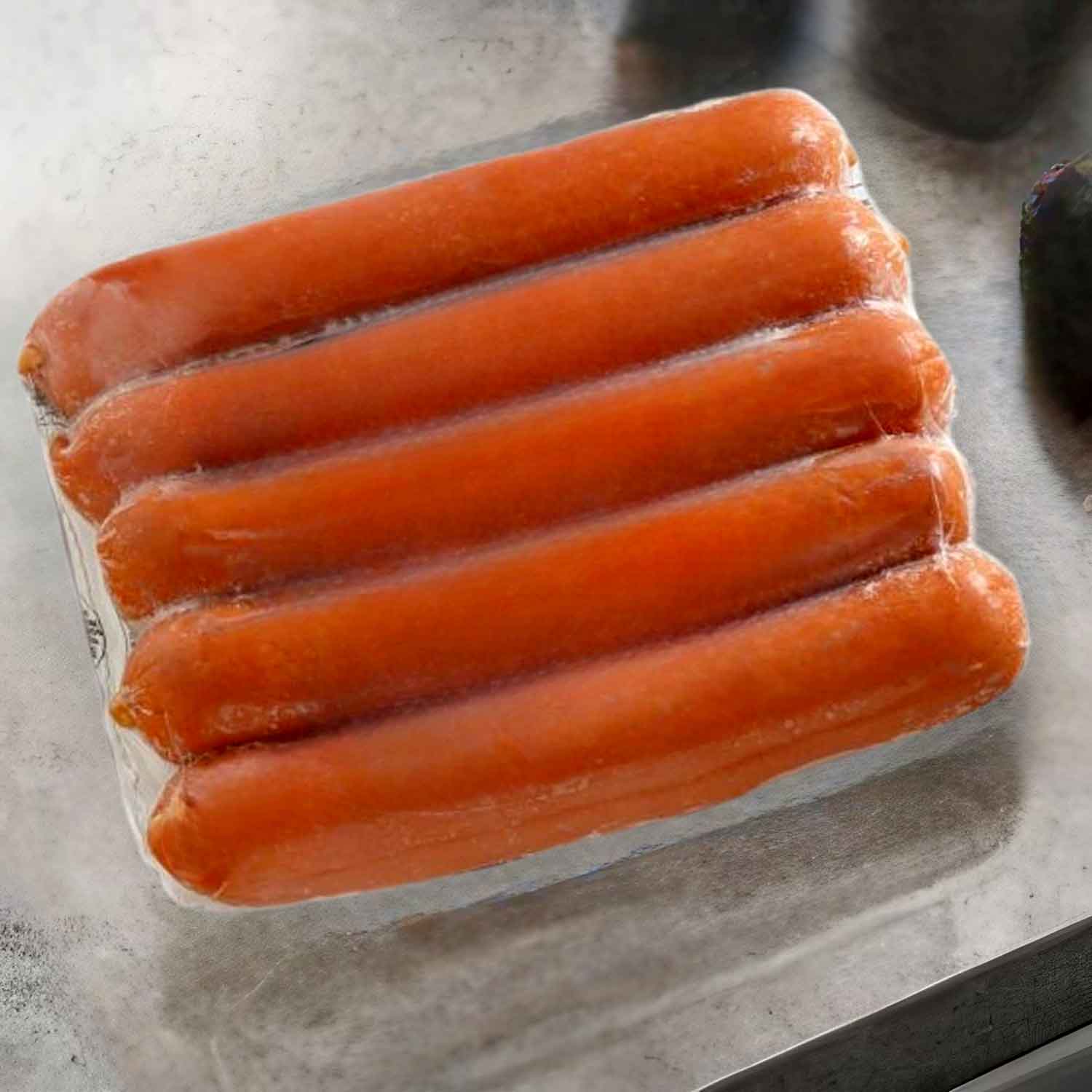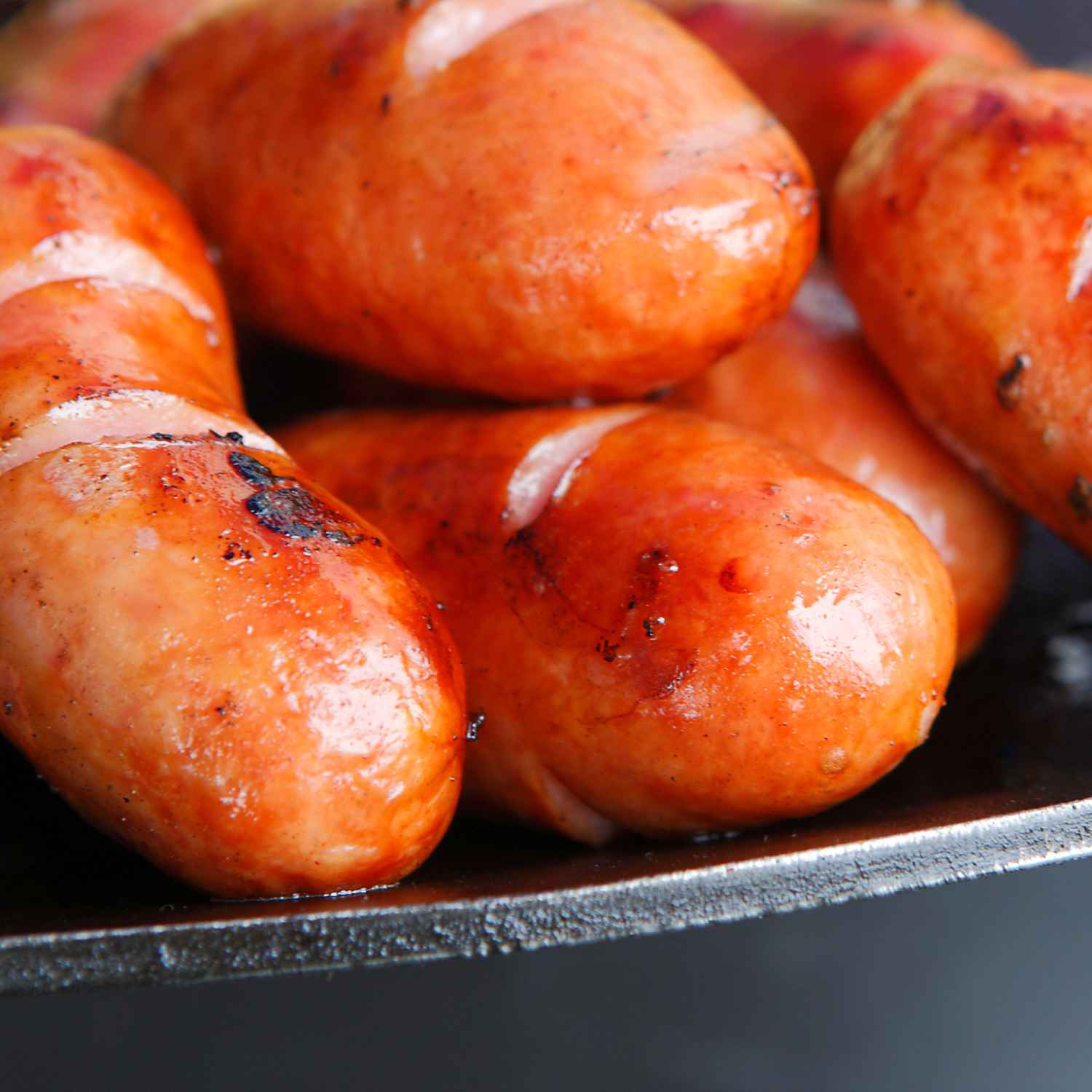Understanding Wagyu: Origins and Culinary Significance
The History of Wagyu: From Japan to the World
Wagyu refers to special Japanese cattle breeds. Originating in Japan, these cows were first used for work. The term 'Wagyu' means 'Japanese cow'. Breeders in Japan developed the breeds over time. This was to enhance meat quality. The distinct marbling and tenderness set Wagyu apart. Later, Wagyu genetics spread worldwide, reaching Hong Kong too. Today, Hong Kong chefs prize Wagyu for its flavor and texture. This history shows how Wagyu became a global sensation.

Why Wagyu Beef is a Culinary Treasure
Wagyu beef stands out in the culinary world. Its quality is unmatched. The meat is well-known for its rich, marbled texture. This marbling creates a buttery tenderness unique to Wagyu. Chefs prize it for these qualities. It can transform any dish into a luxury. The intermuscular fat melts at low temperatures. It infuses the meat with flavor during cooking. These traits make Wagyu a treasure in fine dining. In Hong Kong, Wagyu is celebrated in top-tier cuisine.
The Unique Cooking Techniques for Wagyu Cuts
Wagyu beef requires skilled cooking methods. Due to its high-fat content, it cooks differently from other meats. These techniques include:
- Slow cooking: This ensures even fat distribution.
- Searing: To get a perfect crust without overcooking.
- Resting: It allows juices to redistribute.
Chefs also use teppanyaki and sous-vide methods. These protect the beef's delicate flavor and texture. Grilling should be done cautiously to avoid flare-ups from the fat. Lastly, Wagyu thrives with minimal seasoning, often just salt and pepper.
Preparing the Perfect Wagyu Steak: Best Practices in Hong Kong
Selecting the Best Wagyu Steak
To select the best Wagyu steak in Hong Kong, follow these tips:
- Check the marbling: Look for fine, even fat throughout the meat.
- Confirm the grade: Aim for A4 or A5, the top ratings for Wagyu.
- Know the cut: Pick from ribeye, sirloin, or tenderloin for different textures.
- Ask for origins: True Japanese Wagyu is supreme. Ask about Australian alternatives.
- Trust your butcher: Choose reputable stores like MeatKing.hk for quality assurance.
- Inspect the color: The meat should be a vibrant red with white marbling.
- Consider the age: Opt for choices like dry-aged steak for deeper flavor.
These steps ensure your Wagyu steak will be a highlight in your cooking.
Ideal Cooking Methods for a Variety of Wagyu Cuts
Cooking Wagyu beef cuts to perfection involves specific methods. Here’s a guideline for the ideal way to prepare them:
- Grilling Ribeyes and Sirloins: These cuts love high heat. Sear them well on a hot grill.
- Pan-Searing Tenderloin: A cast-iron skillet will give this tender cut a good crust.
- Slow-Cooking Brisket: Use low heat over several hours for a melt-in-your-mouth texture.
- Broiling Skirt Steak: A quick broil will give it the charred edge and juicy interior.
For each method, heat control is key. Too hot and you lose the Wagyu's unique flavor. Too low and you may not get the texture right. Wagyu’s marbling reacts well to the right heat, ensuring tender, flavorful meat.
Seasoning and Pairing: Enhancing the Wagyu Experience
Wagyu beef's rich flavors require careful seasoning. Here are some tips:
- Use sea salt for its pure taste.
- Freshly ground pepper adds a sharp bite.
- Limited spices keep the focus on the beef's taste.
Pair your steak with sides that complement it:
- Steamed asparagus for freshness.
- Garlic mashed potatoes for comfort.
- A glass of bold red wine can match wagyu's richness.
Remember, keep it simple to let the wagyu shine.
Innovative Recipes and Tips from Hong Kong's Top Chefs
Expert Tips for Cooking Wagyu Steaks at Home
Cooking Wagyu at home can be a fine art. To help, Hong Kong's top chefs offer their wisdom. They say heat control is key. This means a hot pan for searing and a low oven to finish.
Resting meat after cooking is another tip. It helps keep juices locked in. Use simple seasonings, like salt, to let the Wagyu's flavor shine.
Finally, invest in good tools. A cast-iron skillet and a meat thermometer are musts for perfect doneness. With these expert tips, you can master Wagyu at home.
Fusion Recipes: Hong Kong's Takes on Wagyu Preparations
Hong Kong chefs blend East and West in their Wagyu dishes. They use local spices and Western techniques. This mix makes unique flavors. Chefs add soy, ginger, and oyster sauce to steaks. They grill Wagyu using charcoal for a smoky taste. Some use a wok to sear the meat quickly. This keeps the inside tender. They also make Wagyu dim sum. This takes skill but results in a soft, juicy filling. The goal is to keep Wagyu's taste while adding a local twist.
Success Stories: Hong Kong Chefs Who Mastered Wagyu Cooking
Hong Kong is home to some amazing chefs who have mastered Wagyu. Meet Chef Liang, who won awards for his unique Wagyu dishes. Chef Wong's grill method has made waves in food circles. An inspiring story is of a local bistro becoming famous for its Wagyu steak. These chefs share one thing; they all respect the quality of Wagyu. They use simple seasonings and cook with care. Their success shows that with the right approach, anyone can cook amazing Wagyu meals.


